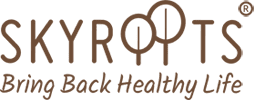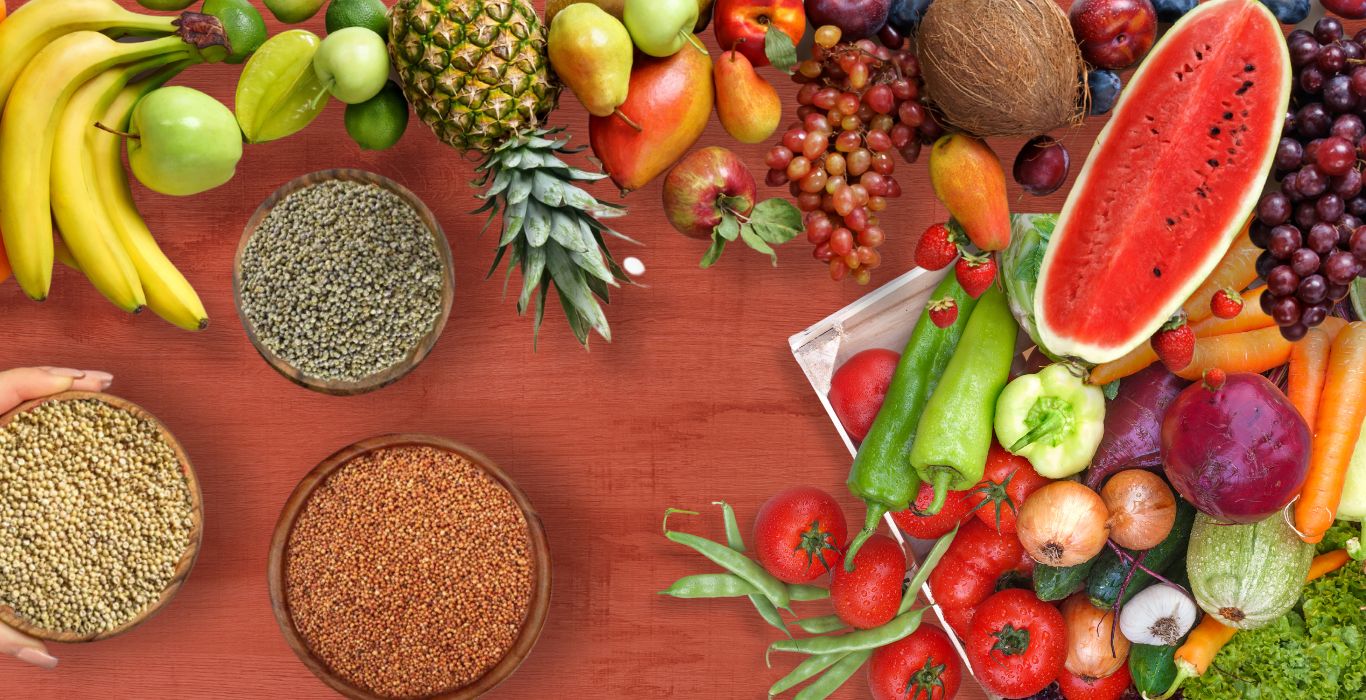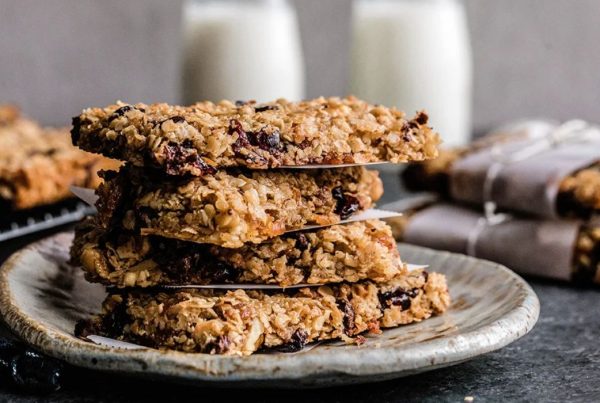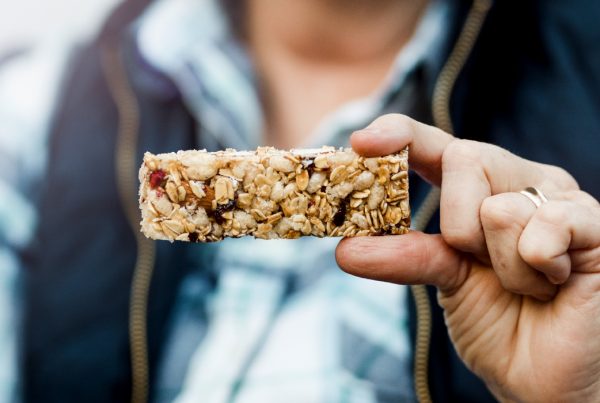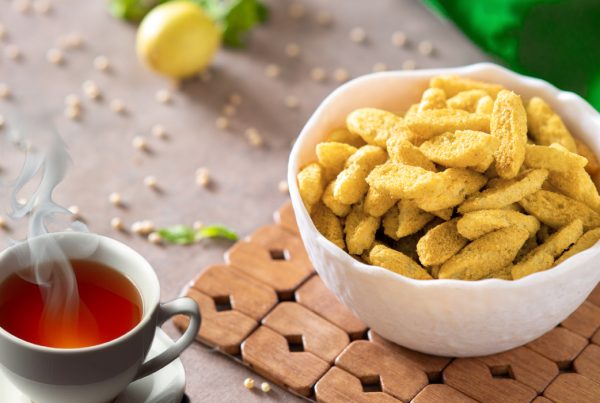Sustainable living and clean eating are not buzzwords today but are an important step in the direction of self preservation and fighting climate change. The faster we adopt sustainable practices and clean eating in our lives there is a better chance for the world to heal. Today, we opt for processed and convenience foods due to the fast-paced life, however they do more harm than good in the long run.
Before we dive into this topic, it is important to understand what we mean by sustainable and clean eating.
What is sustainable and clean eating?
Clean and sustainable dietary approach includes whole, unprocessed foods like fruits, veggies, lean proteins, and healthy fats and avoiding additives and preservatives. Clean eating in simple terms means foods that aren’t highly processed, are organic and fresh and preserve nutritional integrity.
Clean eating truly starts with farming practices. We can reduce our carbon footprint and support eco-friendly farming practices by opting for such varied crops and nutrients in our diet. For a sustainable approach, we should consider the environmental impact of food production, promoting practices that preserve soil health, and minimize water usage. Taking mindful measures for sustainable living is important.
The perfect example of clean sustainable food is millet! Millet is an ancient grain that has been cultivated for decades and is renowned for its nutritional value and environmental friendliness.
Why are millets a sustainable food option?
- Millets require minimal water
- Tolerant to heat
- Are naturally resistant to pests and diseases
- Reduced dependency on synthetic fertilizers
By choosing millet, not only do we nourish our bodies with nutrient-rich food, but we also support farmer-friendly practices and reduce our environmental impact.
With millets one can overcome health issues like gluten intolerance, celiac diseases and other gut issues, however there are a few health issues for which consumption of millets is not advisable. Know more about it here
Let’s see 5 ways to bring sustainable and clean eating into your daily life. –
- Shop Local and Seasonal: Opt for locally grown fruits, vegetables, and grains. Seasonal produce is not only fresher and tastier but also supports local farmers and reduces the carbon footprint associated with transportation. Opt for local fruits and veggies over imported foods. India is the top millet producing country in the world, hence consuming millet would mean local food.
- Choose Whole Foods: Prioritize whole, minimally processed foods over packaged and processed options. Fresh fruits, vegetables, whole grains, and lean proteins provide essential nutrients without added chemicals or preservatives.
- Opt for Plant-Based Meals: Incorporate more plant-based meals into your diet. Beans, lentils, nuts, and seeds are nutritious and sustainable protein sources that can reduce the environmental impact of your diet.
- Support Sustainable Farming Practices: Choose foods produced using sustainable farming methods. Look for organic, non-GMO, and fair-trade labels to ensure your food choices align with environmental and ethical standards. Millets are naturally organic, so anyone looking for clean eating should opt for them in your diet.
- Minimize Packaging Waste: Opt for foods with minimal packaging or choose products with eco-friendly packaging options. Buying in bulk and using reusable containers can significantly reduce the amount of waste generated from your grocery shopping.
Why is it Important?
The food choices we make have a significant impact on both our health and our planet. By choosing sustainably and cleanly produced foods, we can:
- Reduce our exposure to harmful chemicals and additives found in many processed foods.
- Support local farmers and food producers who use environmentally friendly farming practices.
- Minimize the environmental impact of food production, including deforestation, greenhouse gas emissions, and water pollution.
- Preserve biodiversity and protect natural ecosystems.
Millet is an ancient grain and it checks all the boxes of sustainable and clean eating. If you have not started including millets in your diet already, it is time to start now. Skyroots has a wide range of millet based easy to make breakfast options and millet based quick snacks options. Check out the complete range here – https://skyroots.in/shop
Start your journey towards a healthier, more sustainable lifestyle today by making small changes to your eating habits. By embracing the simplicity and freshness of clean eating and supporting sustainable agriculture, you can prioritize both your health and the planet’s health. Together, let’s make mindful decisions for a brighter, greener future. By making conscious food choices and prioritizing foods that are grown, raised, and produced sustainably and ethically, we can nourish ourselves while also protecting the environment for future generations.



